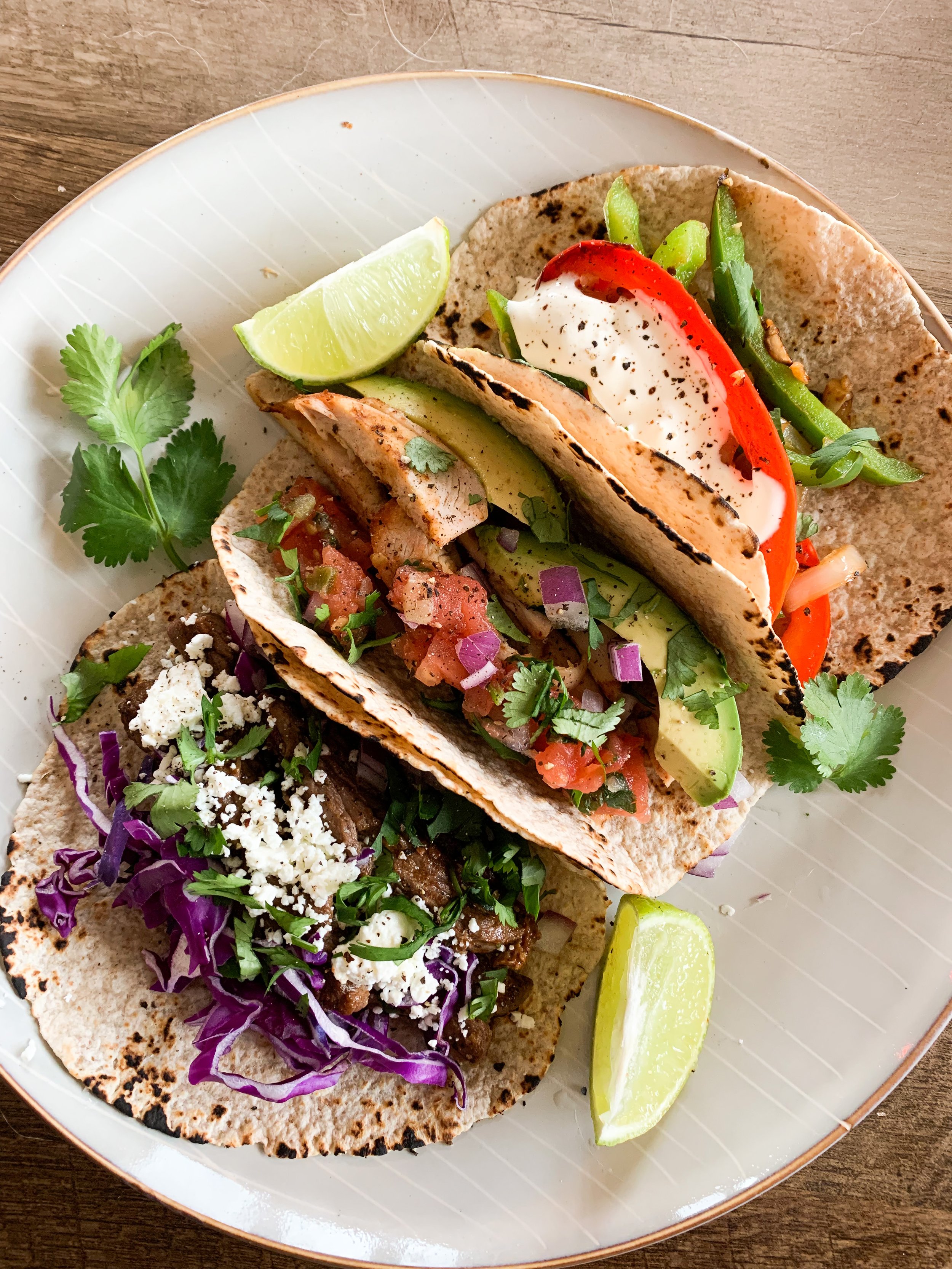It’s a simple equation, but I know that doesn’t make it easy to apply.
I always remind my clients that we have only 1-2 hours together a week. It’s my job to make those hours highly effective - to commit my expertise and energy to equipping you with strength, knowledge, and tools to push you towards your goals. However, there are still 166 other hours left in the week when I’m not with my clients.
Those 166 hours have a much larger impact on their ability to reach their goals than my 1-2 hours do. What goes on during those 166 hours? Are they still committing to their goals, and making decisions in alignment with their goals?
What you do consistently is far more impactful than what you do every once in a while. In fact, the biggest driver of results is consistency. Let’s say I have two clients who both want to build strength in the gym, and one of them lifts for 10 minutes everyday, while the other lifts for 45 minutes once a week. The first client will most likely build strength faster and sustain it for a longer period of time.
Let’s say I have two clients who want to improve their nutrition. Client 1 eats a serving of vegetables and a serving of fruit everyday, while client 2 eats a couple servings of vegetables and a couple servings of fruit here and there throughout the week. Client 1 will improve their nutrition faster and sustain it for a longer period of time.
It’s not just the numbers here that determine success and fitness and nutrition, but also the behaviors. Yes, the frequency of training for a muscle group helps stimulate muscle development, and the frequency of consuming fruits and vegetables boosts gut health and energy production, among other things. But there is so much value in positive behaviors done consistently. A small, positive behavior done consistently almost always outperforms a large positive behavior done every now and then. This requires commitment to the goal and to the behavior changes required to reach that goal. We have to commit to creating an environment that supports our goal, surrounding ourselves with people who will keep us accountable and support the changes we make, and most importantly, staying disciplined and driven towards our goal even when no one is watching, even when push comes to shove.
So what does consistency mean? Consistency means implementing small, sustainable daily, weekly, monthly practices that progress towards your goal. Some examples of what this could look like:
aiming to consume 120 ounces of water everyday
committing to 5 workouts a week, and hiring a personal trainer to help keep you accountable
prepping 4 nutritious recipes each week so that you don’t need to worry about cooking or ordering takeout
walking for 20 minutes a day, at least 5 days a week
ordering the healthier option at a restaurant, as much as possible
I emphasize small, sustainable goals with my clients because these are more likely to help us build consistency quicker, and to maintain it for a longer period of time. On top of that, these successes add up over time and boost confidence in my client’s ability to continue practicing, and to challenge themself further in the future. Small consistent successes will outrun a large once-in-a-while success any day.




